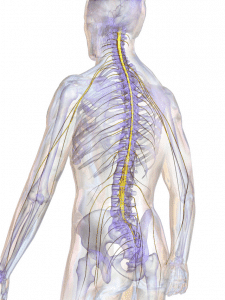A direct injection of human mesenchymal stem cells successfully inhibited bladder fibrosis and improved bladder function in a recent animal model, further opening a door to treatment that can potentially can help SCI patients minimize bladder fibrosis and dysfunction.
The study was conducted by a group of Canadian and Korean researcher led by Dr Seung U Kim. The team investigated the effect of hMSC transplantion into the bladder wall of SCI rats. In this study, hMSCs labeled with fluorescent magnetic nanoparticles (MNPs) were transplanted directly into the bladder wall of SCI modeled rats to restore bladder function.
The MNP-labeled B10 cell transplantation was monitored after 4 weeks of transplantation by molecular magnetic resonance imaging (MRI), which showed improvement in bladder fibrosis and the function of the organ. Furthermore, transplanted cells were found to be successfully differentiated into smooth muscle cells.
Though the study authors say further research is warranted to confirm the long-term performance of transplanted cells, the results of the study further suggest the therapeutic potential of human mesenchymal stem cells in treating spinal cord injury.
[Source: Hemacare Corp.]






